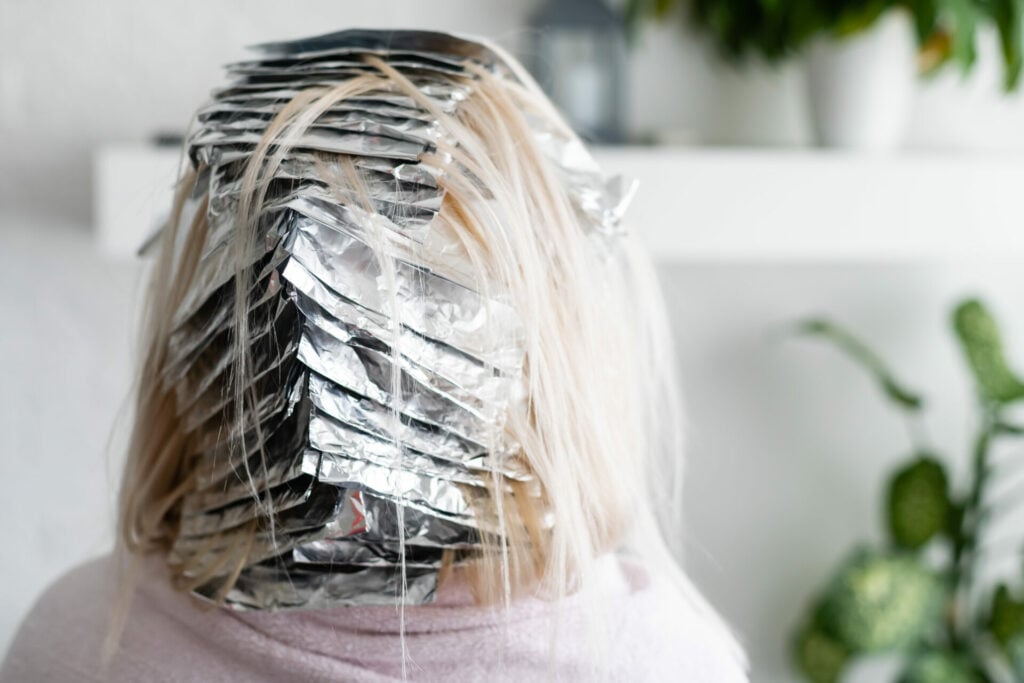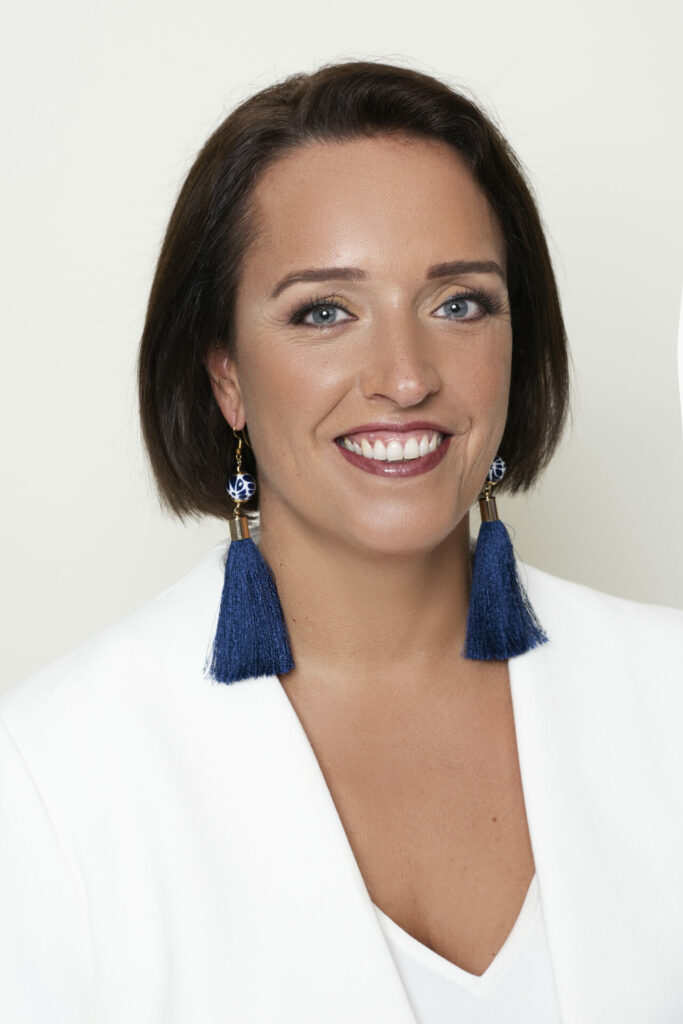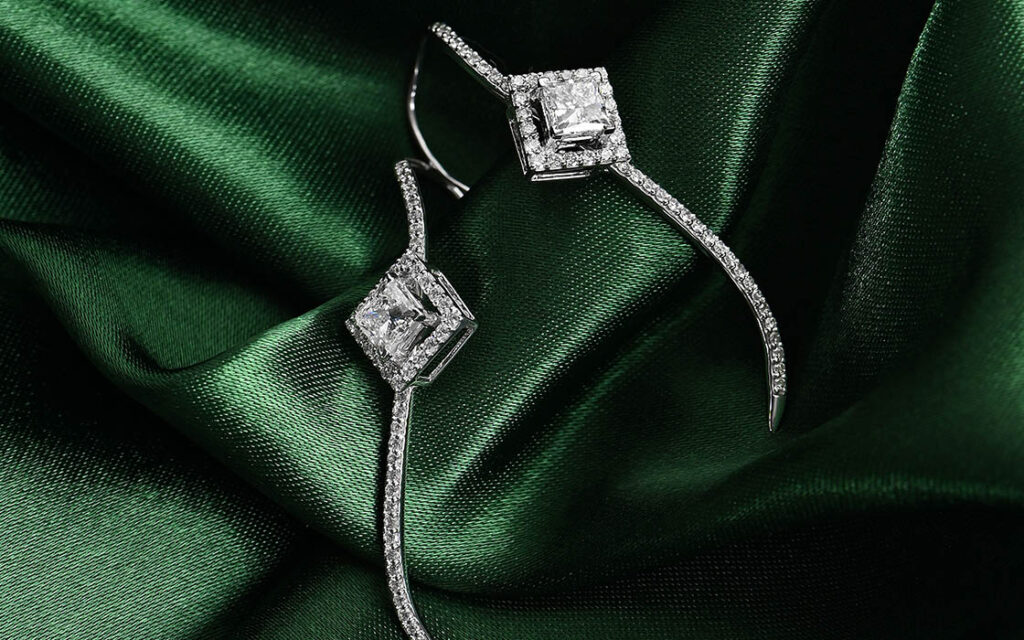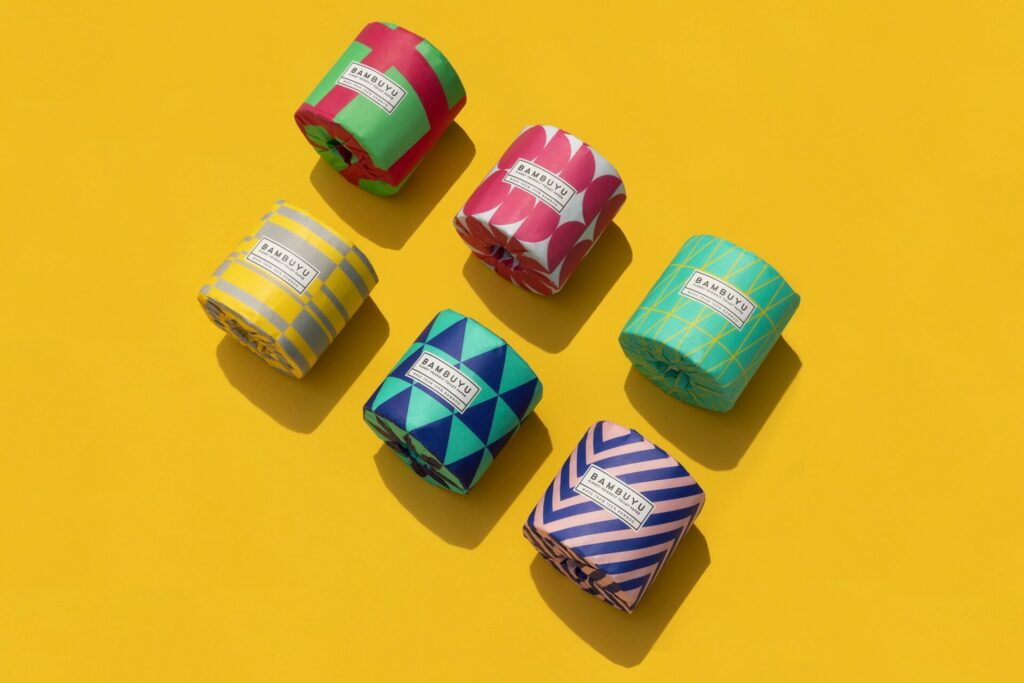From sending off hair cuttings to create mats that soak up oil spills, to switching from foils to biodegradable paper that doesn’t take 400 years to decompose, consultant Valerie Reynaert, CEO and founder of VR Beauty Consulting, is heads apart when it comes to ideas for implementing sustainability in salons.
Having worked in the world of beauty since calling the UAE home in 2003, Valerie has garnered a few things about the industry over the years. As a consultant she imparts her years of experience with both aspiring and established beauty salon owners looking for guidance on industry trends. We at The Ethicalist treated ourselves to a sit down with the powerhouse to pick her brains on all things sustainability in salons.
The Ethicalist: You have been in the UAE beauty industry for almost 20 years, how do you think salons rank sustainability in terms of importance?
Valerie Reynaert: We all know that the food, fashion, and jewellery industries have been focusing on sustainability for over a decade, but the beauty industry, globally, has been very slow to get on board. With both start-ups and existing salons, I always try to convince them to make the sustainability shift. I always say that, yes, globally there is much more attention and awareness, but that sense of responsibility is making its way to the UAE.
I was a speaker at the Professional Beauty Dubai event in March, and one of my presentation points was why the industry needs to become more sustainable. Not only is demand rising in this region, but of course, it’s paramount for the planet. On the positive side though, we are seeing some shifts happening within the industry here, with more salons focusing on sustainability but more commitment is needed, and people need to shoulder more responsibility.
In the UAE, residents use up to 550 litres of water per day, and the international average is 170 to 300 litres a day, so that makes us 82 per cent higher than the world’s average.
TE: What are the main problem areas that need to be addressed in salons?
VR: Plastic is a serious issue within salons. A study by Zero Waste Europe shows that the beauty industry creates 120 billion packaging units each year, of which only as little as 9 per cent is recycled! That’s highly unsustainable.
Another main issue in our industry is water consumption; we use it for almost all services offered within salons. In 2016, the World Economic Forum listed water crises as one of the top ten global risks to impact the world, and water security concerns are particularly critical in the UAE, as the country is in one of the most water scarce regions in the world.
The UAE also has one of the highest water consumption levels in the world, due to climate, population, and income. In the UAE, residents use up to 550 litres of water per day, and the international average is 170 to 300 litres a day, so that makes us 82 per cent higher than the world’s average. So then, knowing that 50,000 litres of water per average salon in the UAE is consumed, we can confirm that reducing this number will have a major impact.
There are ways that hair can be recycled; for example, making wigs for those living with cancer or alopecia.There is even a fantastic company called Matter of Trust, in San Francisco, that takes human hair, and make it into mats that are used to soak up oil spills.
TE: As a consultant, if a beauty salon were to ask you for sustainability advice, what would be your top 5 recommendations?
VR: There is so much that salons can do.
- Recycle, Reduce, Re-use. Active recycling and composting, to reduce waste. Hair salons can compost hair cuttings as it’s an organic material and can be included in any standard composting process, along with food waste. There are also ways that hair can be recycled; for example, making wigs for people that are living with cancer or alopecia. There is even a fantastic company called Matter of Trust, in San Francisco, that takes human hair, and make it into mats that are used to soak up oil spills! Elsewhere, salons can and should be recycling the foils, colour tubes, plastic.
- Reduce water consumption. Installing efficient water shower heads at the basins should be a priority as they can reduce water usage by up to 65 per cent.
- Set up Refill Stations. Salons can incorporate organic hair and skincare products into their offerings and promote the reuse and refill of products. We’re now seeing some of the suppliers implementing schemes that allow clients to bring back bottles to refill. That makes a huge impact on the reduction of plastic.
- Use eco-friendly tools. There are brands like Leaf Scissors, who plant a tree for every pair of scissors sold. Another big one is to switch from foils to biodegradable hair paper sheets, because foils can take up to 400 years to decompose.
- Source ethically. Source suppliers for the cotton wool, tissues, cotton buds, etc. ethically, source biodegradable consumables, use non-toxic, eco-friendly cleaning products.

TE: What advice do you have for the many women who use salons on a weekly or monthly basis?
VR: I think that consumers can make a difference by choosing salons who are committing to make the industry more sustainable, and who truly are making a difference. They can shop more consciously, when they buy products in the salon, so they can look for products with recyclable packaging, and choose products that are cruelty free.
Ask for their receipt to be emailed not printed, ask for one wash at the basin, instead of two or three, refuse single use plastic cups and bring a refillable water bottle. I think salons should inform and educate the consumer on the whole matter; but the consumer should educate themselves, as well. I think the more everyone knows about the subject, the more one can influence the other, and make a positive impact together.
TE: Which salons are leading the way with sustainability in the UAE?
VR: There are some small independent salons with a focus on sustainability such as ZAAZ Wellness & Spa, and That Hair Tho (THT) in JLT but they are small players in a big industry, so not much noise was made about it at their time of launch a few years ago. Be Dashing started to emphasise sustainability about a year ago and recently The Grooming Company started a big campaign about their sustainability efforts and they are both major players in our industry, so I hope that their campaigns will inspire other salon owners to follow.
If you would like to know how to make your beauty salon more sustainable you can visit VR Beauty Consultants here.













